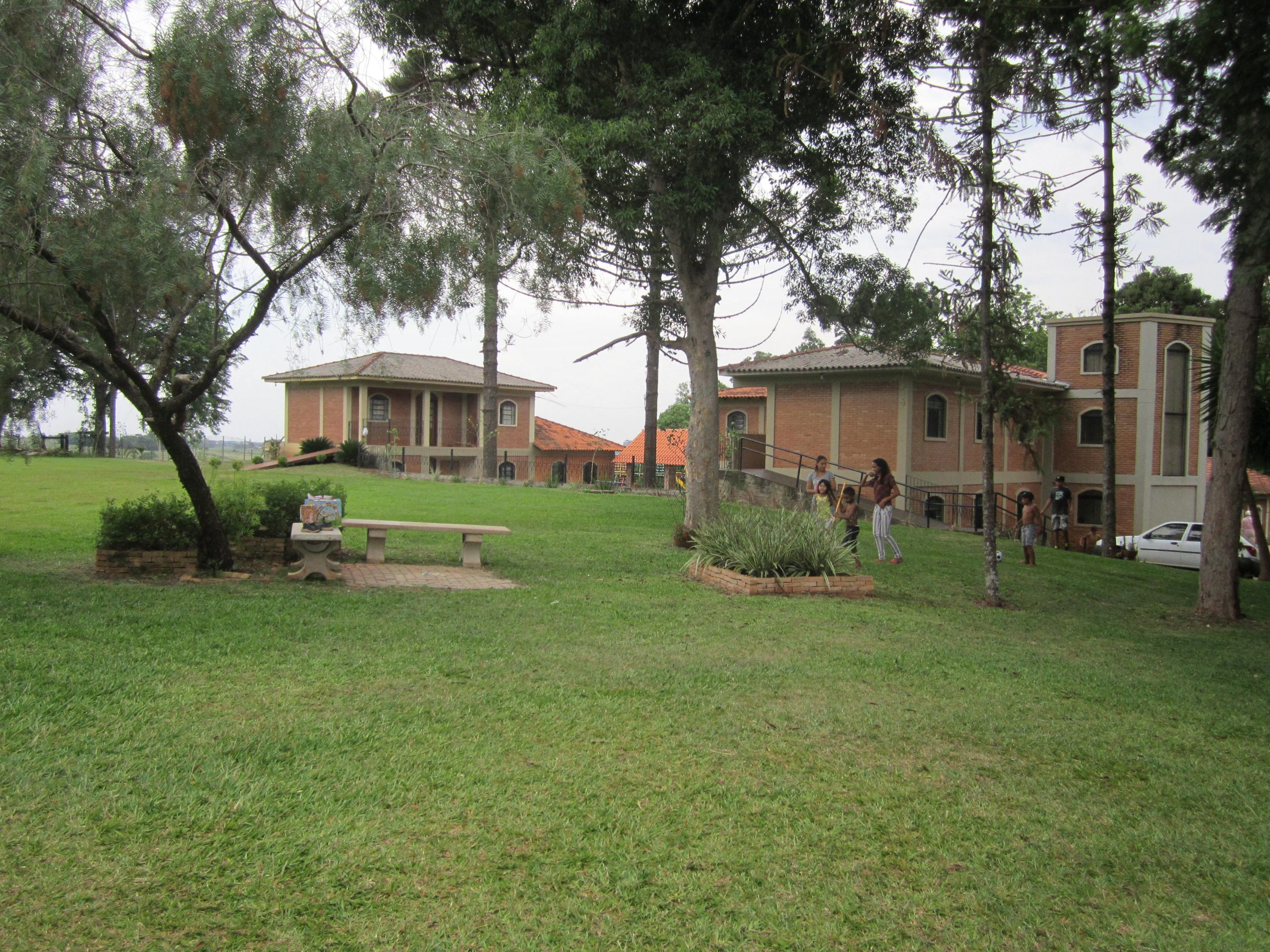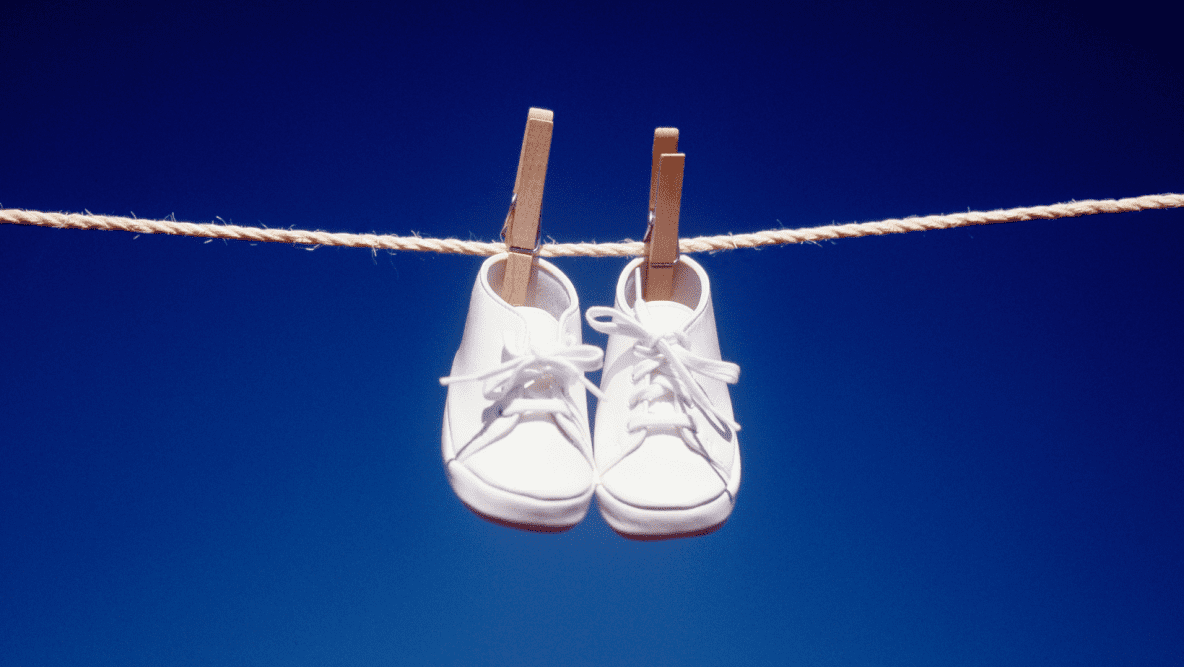The Mission of the Miriam Home
The Miriam Children’s Home is an amazing place, full of joy and hope. That is a good thing because the majority of the children who come here are in desperate need of both.
The ministry began in 1990, when Connelly and Caroline Dyrud agreed to take in a new born baby boy, because his mother died in labor and social services had to find extended family. From that one little boy, the need for a safe place to receive children became clear.
Contrary to what many people think the Miriam Home is not an orphanage, but a shelter for children at risk. Most of the time the children are removed from their homes for their protection and the amount of time they stay varies greatly. Some are here for just a day or two, others are here for a year or more. Most stay with us for two or three months. During that time, we do all we can to minister grace and comfort to them, but the most important thing we have to offer is the healing, restoring, transforming love of Jesus!
The Miriam Home, according to the rules, can receive up to 20 children, both boys (newborn up to 12 years old) and girls (newborn up to 18 years old), and they can stay for up to three months. In reality, we often have more than 20 children and we have children today who have been here for nine months and one girl who has been here more than a year. The reason is simple – the need is urgent and the child has to be rescued, so we receive them even if we are already past our limit. And not every situation can be resolved in three months, so the child stay until a positive alternative is found.
The ministry of the Miriam Home is to care for the whole child. Exactly what that means varies from child to child. For some, it is a lot like visiting your aunt’s house! They spend a few days, making friends, playing, eating a lot and sleeping in a cozy bed, for a few days until they go home. These are the children who come to us because of circumstances – sometimes the children live with one parent and they become hospitalized, or one of the children needs to be hospitalized and the parent has to be with them in the hospital (that is a rule in Brazil). There are situations that come up where children that have been well cared for and loved, need our help for a time.
Most of the time the need is severe. The children come to us because of neglect, or worse, abuse. There is a great deal of healing that needs to take place in their lives. The healing begins with the basics – good food, clean clothes, a safe place to lay their head.

The Impact of Clean Hair and a Good Meal
The great majority of our children arrive at or underweight – their families are low income and in the best of situations, have just enough to get by. If the parents have any addiction, the few resources will always go to the cigarettes, alcohol, or drugs before they go to beans and rice and milk. When the children come to the Miriam Home they have breakfast, lunch, and dinner, with fruit in the middle of the morning, a snack at 3:00 in the afternoon and a small treat before bed. It is moving to see the surprise the new arrivals have when they learn that they can have seconds!!! We have learned that there is a curious connection between the stomach and emotions. The house mom who does most of the cooking pays attention to the things the children say as they are playing. Fairly often she will ask us to make a special run to the store to buy cheese, or hamburger or something else because she urgently needs to make … pastels, or grilled cheese, or some other food that one of the children is missing. It is truly healing to say “I miss my mom’s … “and two hours later Sueli has made whatever you are craving! Someone heard and cared!
The same idea is true for clean clothes, showers twice a day, clean hair, your very own bed and sleeping through the night without fear. That all sounds very normal, but for the children in the Miriam Home they are revelations!
The next level of healing comes from the first – understanding personal value. We often have children who don’t understand why they should wash up, change clothes, take a shower before bed. Now, I’m not talking about the common pre-teen reticence to take a shower or change their socks. We recently received four siblings; ages 3 to 10 years old. It took over a week for all of them to be free of head lice. The infestation was so severe, but the children didn’t seem to notice. We have often had children with a similar dental situation, where little ones that are only six or seven years old have to have teeth pulled because they are decayed beyond recuperation, and the toothbrush we gave them is the first they have ever used. Personal hygiene is more than a question of health (very important!), it is also a matter of personal worth – you care for what you value. It is wonderful when the kiddos come running to you after their afternoon shower, so you can see how good their hair smells; because they have learned that it is better to be clean and smell good!
The Impact of Knowing You have Value
The next level of personal value is ministered through helping the children in school. Most of the children who arrive come to us behind in school – often because of frequent absences. For some it is consistently low grades, for others it is that they are a year or more behind, and occasionally we have 9 and 10 year old who simply can’t read. It is really hard on a nine-year-old boy whose little sister can read and write and he can’t! We work a lot with the children to help them discover that they are smart and they can learn, and it is delightful to see their pride as they put on their school uniform (required in public schools), pick up their back pack, and head out to school! Even if the child is only with us for a couple of weeks they can have positive experiences, that will make it easier for them to want to go to school and learn more!
The healing of emotions often comes through helping the children understand that expressions of fear, disappointment, home sickness and anger don’t have to include violence. But it is more than teaching them not to lash out – one of the best thing the children learn is that they will be corrected in the Miriam Home, without violence or humiliation! We have four-year-olds whose first words were curse words! They were the only ones they heard in their homes!
Another area of emotional healing comes through a sense of security. Many of the older children come to the Miriam Home with any concept of time – to sleep, to eat, to go to school or work. To begin with they have a hard time in the Home, because they aren’t used to people expecting them to do anything. But soon they come to like knowing that they will have three meals every day, that they will go to school and come home (and if they ditch school or don’t come home on the bus, someone will come looking! That never happened before). Going to the doctor, the dentist, receiving help with things like speech impediments and vision problems – the day-to-day order makes them feel safe and cared for!
Finally, in the emotional area, the children are ministered to by learning to do new things and discovering what they are good at. This includes helping to keep their room tidy, helping in the kitchen, learning to crochet, and how to garden.
The Impact of Jesus Christ
The most important healing, of course, is the healing of the heart that comes from new life in Christ! Using Deut. 6:7 as a road map, every moment of the day is an opportunity to share God’s love with the children. Devotions in the evening, prayer when the children go to bed, Sunday School, youth group, kid’s club and church services are the highlights, but alongside are the conversations that go on day by day, helping the children understand that God is interested in every area of our lives, is a vital a precious part of our day!
Follow them Home
As far as the juvenile system goes, once the child leaves the Miriam Home our involvement is over. As far as the Miriam Home is concerned, it is not! We have a project called Follow Them Home, where we maintain contact as much as we can with the families, especially if the children return to their birth family (parents, aunts and uncles or grandparents). We try to support the family as much as possible, and help them continue to care for the children. That often includes practical help, like providing medications that family can’t afford, and helping with school supplies at the beginning and middle of the school year. We also do all we can to help the children continue coming to Sunday School and church, if their family lives nearby, and finding a local church near their home if they live farther away. And even those who are on the other side of town are invited to Kids Club, Kids camps and youth camps. We want to keep watering the seeds that were planted in the Miriam Home!
- Jonni Sliver, AFLC World Missions missionary in Brazil

